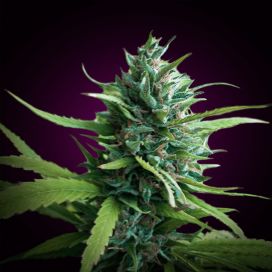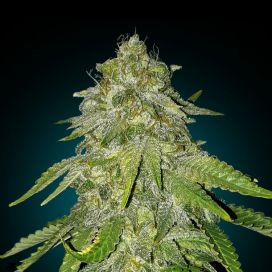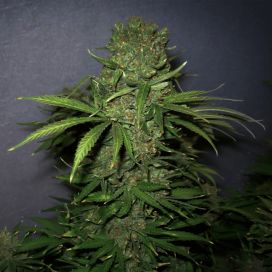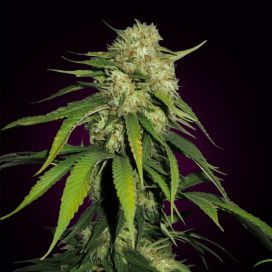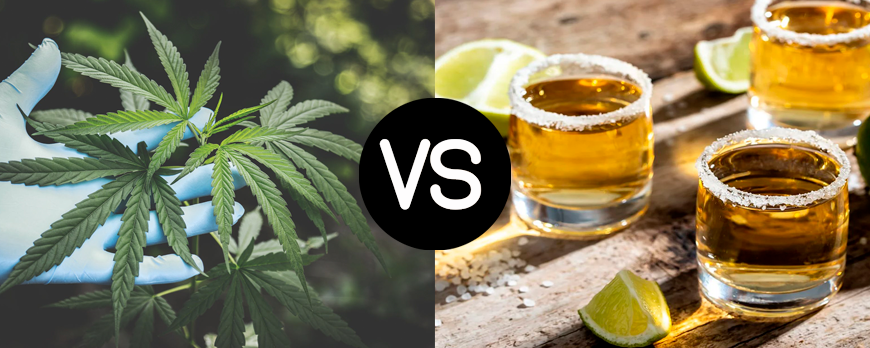
CAN CANNABIS BE A SUBSTITUTE FOR ALCOHOL?
Alcohol is part of the social fabric in many countries around the world. From toasts at a wedding to a night out with friends or a relaxing evening after a hard day’s work, drinking can boost mood, ease stress and reduce inhibitions.
But this legal drug can also cause great harm, both to the individual who consumes it and to the society at large. Now, though, evidence is mounting that cannabis in its many forms can be a safer alternative to alcohol, an effective substitute for many of the reasons people choose to drink in the first place.
Relatively recent research suggests that for many people, cannabis could even provide a way out of alcohol abuse. To see why, it’s important to consider the reasons people choose to use alcohol in the first place.
Cannabis is less harmful than alcohol and it is helping more and more people to quit drinking. This is supported not only by anecdotal reports, but also by interesting research results. CBD, which has become increasingly popular in recent years, seems to have a favorable effect on the treatment of alcoholism.
What problem does this study address?
It is not uncommon for individuals who are seeking to reduce or stop drinking to consume cannabis as a substitute for alcohol. While cannabis may help some reduce their alcohol intake, some studies have shown it can lead to worse drinking outcomes. For instance, one study showed that individuals who used cannabis infrequently during alcohol use disorder (AUD) treatment had fewer days abstinent from alcohol in comparison to cannabis abstainers.
Better understanding the close time-related relationship between cannabis and alcohol consumption among individuals seeking to reduce or stop drinking has important implications for our understanding of how cannabis may help, or hinder individuals’ attempts to modify their drinking behaviors. The authors of this study explored the same-day effects of cannabis use on alcohol consumption and binge drinking before, during, and after an 8-week manualized alcohol use intervention in heavy-drinking individuals who also consume cannabis.
Given some evidence suggests people are more likely to substitute alcohol with cannabis in states with less prohibitions on cannabis, this research is notable for being conducted in Colorado, where recreational cannabis has been legal since 2012.
In this study with a sample of treatment-engaged, heavy drinkers who also consume cannabis, the authors aimed to: (1) Test whether cannabis consumption (yes/no) on a given day is associated with the number of alcoholic drinks consumed, or binge-drinking likelihood on that day. (2) Test whether the relationship between day-level cannabis and alcohol consumption and binge drinking likelihood is affected by sex. (3) Test whether the relationship between day-level cannabis and alcohol consumption and binge drinking likelihood is affected by participants’ cannabis use frequency (i.e., infrequent versus frequent use).
Cannabis as an alternative to alcohol
In the USA alone, almost 100.000 people die each year as a result of their alcohol consumption. Quitting is also associated with many physical and mental difficulties. Benzodiazepines may help as short-term treatment but also come with their own problems, especially a great potential for addiction. Could cannabis offer an alternative?
But what does science say? Is cannabis suitable as a substitute for alcohol? Before we can try to answer this question, we have to define the situations where one substance is suitable to replace another.
Positive research results
Meenakshi Sabina Subbaraman is considered an expert in the field of addiction research. She lists seven criteria for assessing the suitability of a substitute medication:
· It should reduce alcohol consumption and the harm associated with it.
· It should not cause harm or at least be less harmful than alcohol.
· The potential for abuse should be less than that of alcohol.
· It should be able to replace alcohol and should not be used together with alcohol.
· It should be safer than alcohol in case of overdose.
· It should not heighten the effect of alcohol, especially if either substance is overdosed.
· It should offer significant benefits in terms of health and economy.
Why people drink: to feel or not to feel
For decades, researchers have worked to understand why people use alcohol, and why some can enjoy an occasional social drink without going further, while others become dependent on alcohol—or outright addicted. Those studies reveal numerous reasons for abusing alcohol that can include genetic, social and economic factors.
But British physician Bruce G. Charlton has noted that the fundamental reasons for drinking can be reduced to just two: a desire to experience a good feeling or to avoid experiencing a painful one. For example, someone might drink at a party to drive away feelings of social awkwardness— or to feel relaxed, euphoric and happy, while a person suffering from depression might drink to escape sadness and feelings of inadequacy.
And someone with debilitating arthritis might turn to alcohol to cope with chronic pain. Whether to feel good or avoid feeling bad, Charlton claims, people typically turn to alcohol as a form of self-medication.
Marijuana & alcohol: Different effects produce similar outcomes
Cannabis also affects the brain’s pleasure-reward-learning circuit. People who consume cannabis also typically experience feelings of euphoria, relaxation and lowered inhibitions. But those effects come from very different mechanisms in the body. The human body contains numerous receptor networks—systems of cells capable of responding to triggers produced either by the body itself or from similar substances that are consumed from outside sources.
One of the most comprehensive receptor networks in humans and other vertebrate animals is the endocannabinoid receptor system, a widespread system of receptors that responds to active cannabis compounds like cannabidiol (CBD) and tetrahydrocannabinol (THC). When a person consumes marijuana, those receptors are activated, producing a wide range of effects that include pain and inflammation relief, muscle relaxation and a stronger immune system.
Cannabis can cause mild side effects such as impaired coordination and concentration, but has a very low risk of overdose or death. In fact, no deaths have ever been directly attributed to consuming too much cannabis.
The body has no receptor network for alcohol, though. Alcohol acts on a variety of different receptors in the brain and body, and while it can make people feel temporarily better by altering mood and promoting relaxation, it also causes disruptions and delays in the cross talk between cells. What’s more, alcohol is essentially a neurotoxin, capable of causing brain cells to shrink and cells in other organs such as the liver to malfunction and die.
Bottom line
Among individuals who consume cannabis that were seeking to reduce or stop drinking and were engaged in relapse prevention treatment, cannabis consumption was associated with decreased same-day alcohol consumption regardless of sex and frequency of cannabis use.
At the same time, it cannot be known from these data whether this resulted in a net benefit in functioning and well-being to participants. Future work is needed to determine how cannabis impacts alcohol consumption at later time-points post-treatment, as well as how the cannabis/alcohol use association may differ among different populations and among those diagnosed with alcohol use disorder and/or cannabis use disorder.
Leave a CommentLeave a Reply
Blog categories
Blog search
Latest Comments

